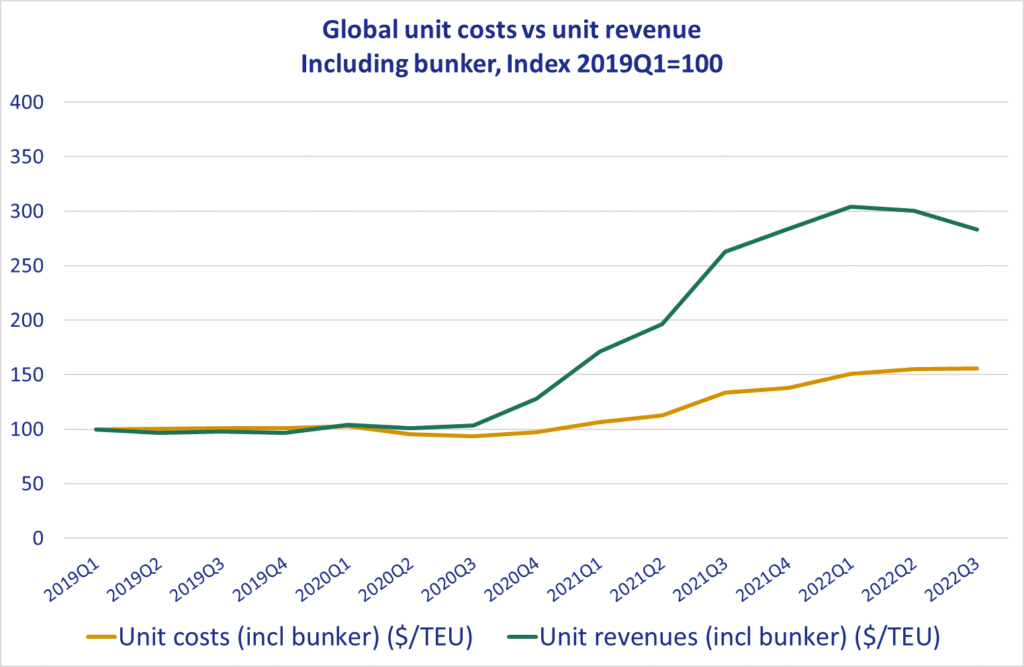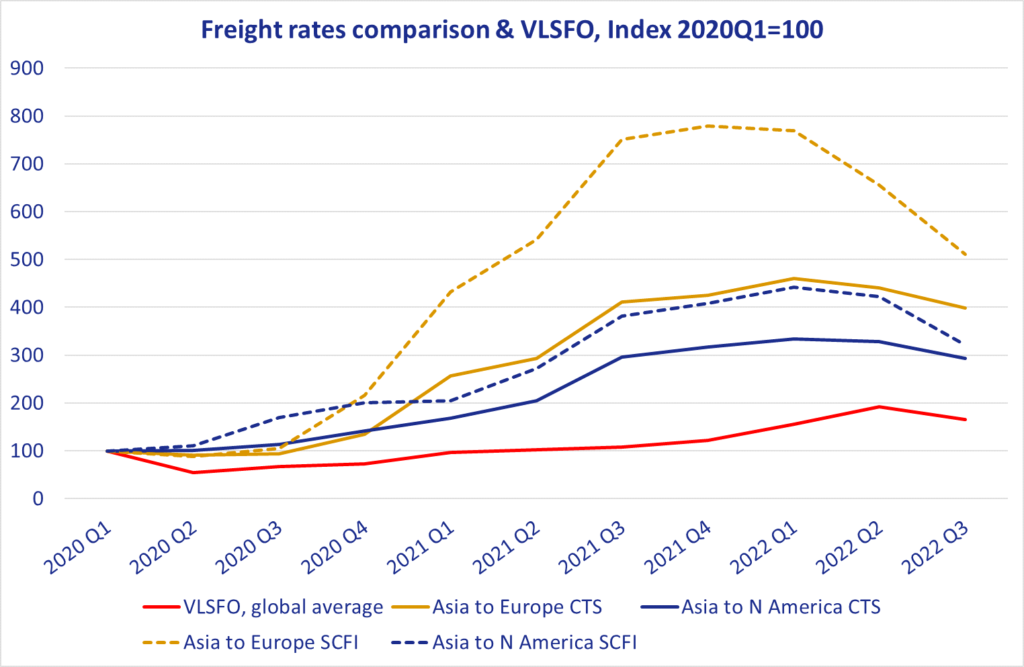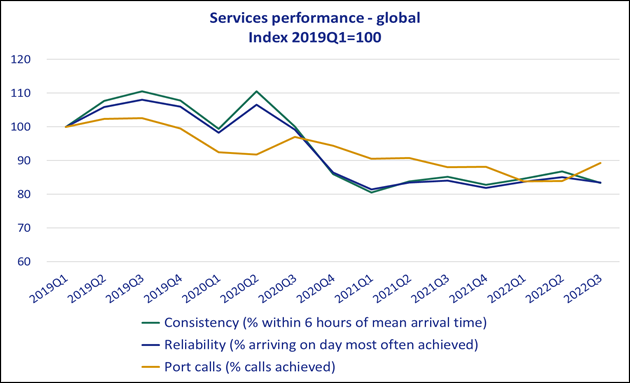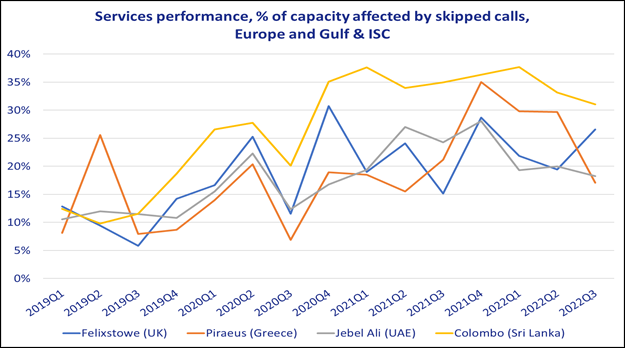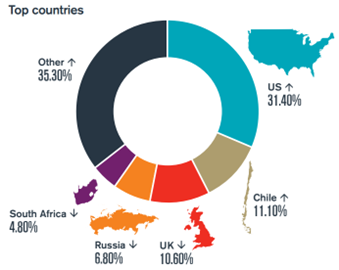Held for the fifth time, the Innovation in Safety Award attracted entrants from thirteen countries and featured a wide variety of functionality across the cargo handling industry, from digitalisation processes, learning and predictive data application as well as safer physical operations and equipment. The winners were announced last week amidst much fanfare but the application and relevance of all the award entrants deserve to be celebrated.
The 2022 Safety Award Digest is designed not just to acknowledge the dedication to safety that the twenty organisations display in putting forward their innovative ideas but also to bring focus to these applications that will have relevance to operators in all parts of the industry and across the globe.
“It is vital that the phenomenal work being carried out by the organisations that enter these Awards be made available to others who can benefit from the improved safety measures that have been described in detail,” says Richard Steele, ICHCA’s CEO. “We have therefore, once more, produced this Innovation in Safety Awards Digest, which encapsulates in one document the products and procedures that have achieved a demonstrable improvement in cargo handling and transport safety.” A copy of the 2022 Safety Digest in PDF form is available for download HERE
In partnership, ICHCA and TT Club have made a fundamental commitment to risk reduction throughout the freight supply chain. This is an environment, in which whenever something challenges or undermines safety, security or sustainability, a key tool in preventing incidents or deficiencies recurring is innovation.
Those submitting the 2022 Award entries demonstrated the passion to enhance safety and dynamic action that exists. The range of innovations displayed the diversity and complexity of this industry, spanning entirely physical safety issues looking at machinery or operations but also showed a focus on digital opportunities for process improvement. Learning tools were also in evidence as was workforce engagement initiatives and those aiming at environmental protection and monitoring.
“For its part, TT is privileged to work closely with the industry considering its problems are, in equal measure opportunities to mitigate risk further,” comments Peregrine Storrs-Fox, Director of Risk Management, “Our industry awareness and solution orientation results in broad networking and collaboration, amongst the industry and beyond, frequently ‘joining the dots’ and thinking ‘outside the box’. It is in this context – and core to TT’s mission – that the TT Club Innovation in Safety Awards were conceived, seeking to clarify problem statements, affirm or challenge assumptions, value and nurture concepts, and provide opportunity to network, profiling innovation that works.
In commending the Safety Digest to the entire industry, the partners remind all those involved that any innovation could be transformative for the risk profile and safety enhancement, as much for an individual operation as across the entire industry.
About ICHCA International
Established in 1952, ICHCA International is an independent, not-for-profit organisation dedicated to improving the safety, productivity and efficiency of cargo handling and movement worldwide. ICHCA’s privileged NGO status enables it to represent its members, and the cargo handling industry at large, in front of national and international agencies and regulatory bodies, while its Technical Panel provides best practice advice and develops publications on a wide range of practical cargo handling issues.
Operating through a series of national and regional chapters, including ICHCA Australia, ICHCA Japan and plus Correspondence and Working Groups, ICHCA provides a focal point for informing, educating, lobbying and networking to improve knowledge and best practice across the cargo handling chain.
About TT Club
TT Club is the established market-leading independent provider of mutual insurance and related risk management services to the international transport and logistics industry. TT Club’s primary objective is to help make the industry safer and more secure. Founded in 1968, the Club has more than 1,100 Members, spanning container owners and operators, ports and terminals, and logistics companies, working across maritime, road, rail, and air. TT Club is renowned for its high-quality service, in-depth industry knowledge and enduring Member loyalty. It retains more than 93% of its Members with a third of its entire membership having chosen to insure with the Club for 20 years or more.








